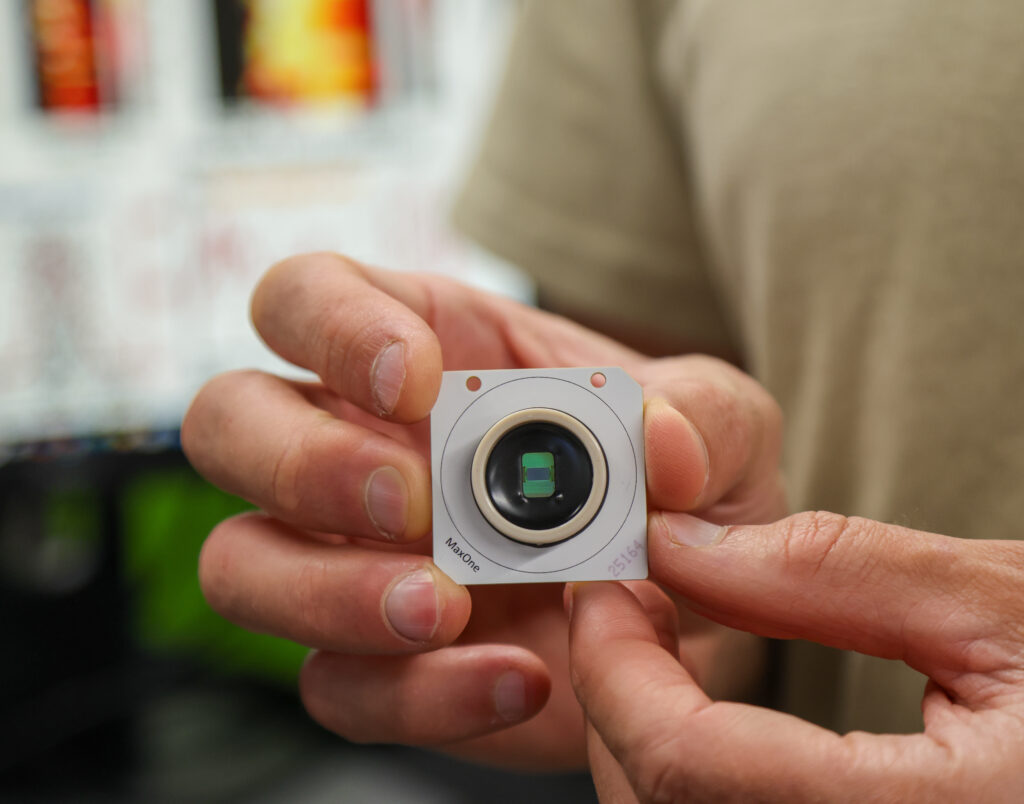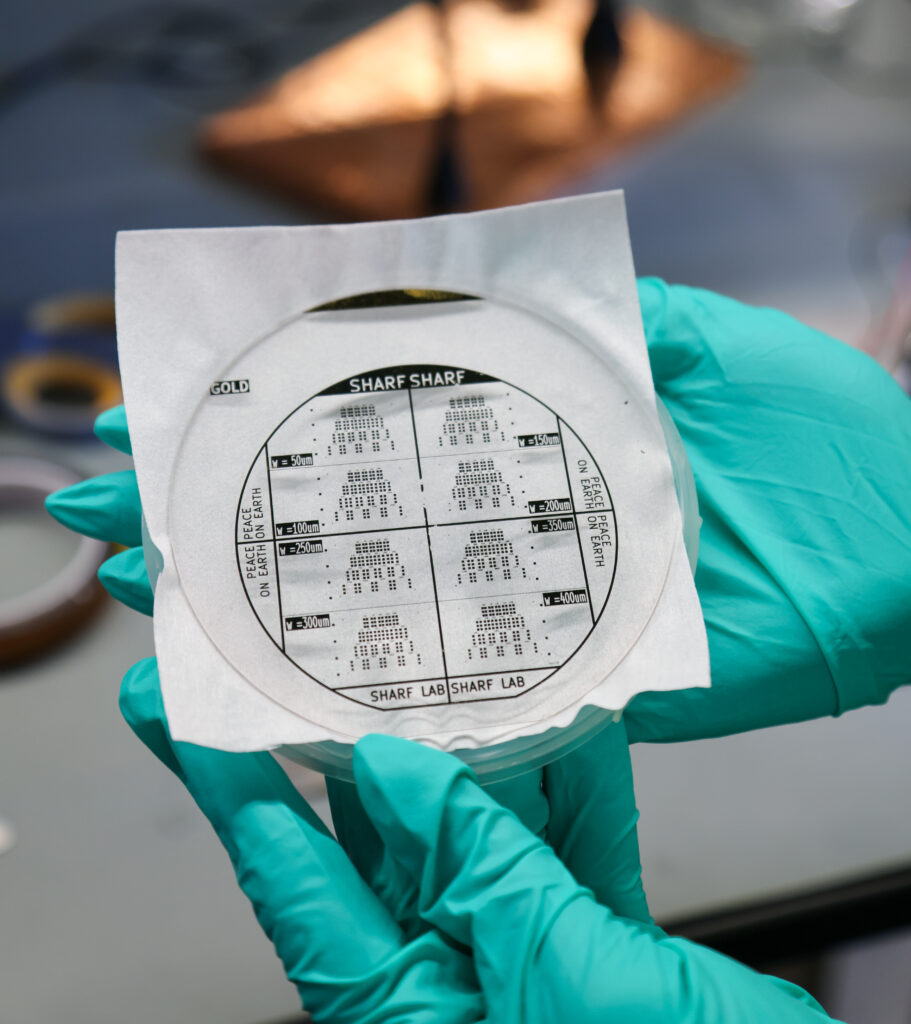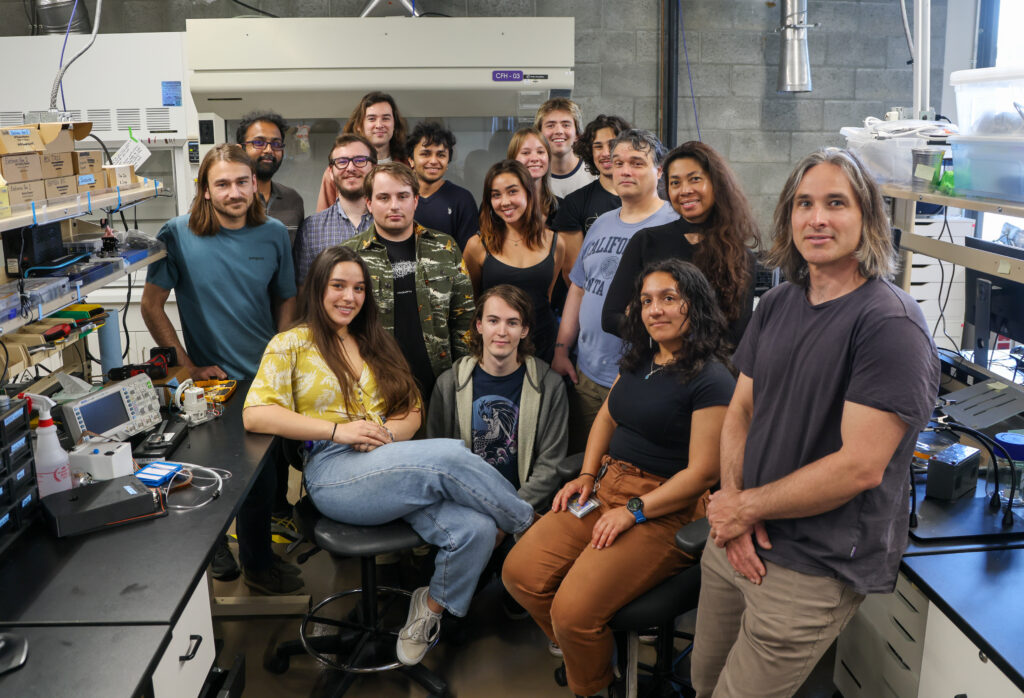- New findings suggest the brain has preconfigured, structured activity patterns even before sensory experiences occur.
- UC Santa Cruz researchers used brain organoids to study the brain’s earliest electrical activity.
- Understanding early brain patterns could have important implications for diagnosing and treating developmental brain disorders.
Humans have long wondered when and how we begin to form thoughts. Are we born with a pre-configured brain, or do thought patterns only begin to emerge in response to our sensory experiences of the world around us? Now, science is getting closer to answering the questions philosophers have pondered for centuries.
Researchers at the University of California, Santa Cruz, are using tiny models of human brain tissue, called organoids, to study the earliest moments of electrical activity in the brain. A new study in Nature Neuroscience finds that the earliest firings of the brain occur in structured patterns without any external experiences, suggesting that the human brain is preconfigured with instructions about how to navigate and interact with the world.
“These cells are clearly interacting with each other and forming circuits that self-assemble before we can experience anything from the outside world,” said Tal Sharf, assistant professor of biomolecular engineering at the Baskin School of Engineering and the study’s senior author. “There’s an operating system that exists, that emerges in a primordial state. In my laboratory, we grow brain organoids to peer into this primordial version of the brain’s operating system and study how the brain builds itself before it’s shaped by sensory experience.”
In improving our fundamental understanding of human brain development, these findings can help researchers better understand neurodevelopmental disorders, and pinpoint the impact of toxins like pesticides and microplastics in the developing brain.

The brain, similar to a computer, runs on electrical signals—the firing of neurons. When these signals begin to fire, and how the human brain develops, are challenging topics for scientists to study, as the early developing human brain is protected within the womb.
Organoids, which are 3D models of tissue grown from human stem cells in the lab, provide a unique window into brain development. The Braingeneers group at UC Santa Cruz, in collaboration with researchers at UC San Francisco and UC Santa Barbara, are pioneering methods to grow these models and take measurements from them to gain insights into brain development and disorders.
Organoids are particularly useful for understanding if the brain develops in response to sensory input—as they exist in the lab setting and not the body—and can be grown ethically in large quantities. In this study, researchers prompted stem cells to form brain tissue, and then measured their electrical activity using specialized microchips, similar to those that run a computer. Sharf’s background in both applied physics, computation, and neurobiology form his expertise in modelling the circuitry of the early brain.
“An organoid system that’s intrinsically decoupled from any sensory input or communication with organs gives you a window into what’s happening with this self-assembly process,” Sharf said. “That self-assembly process is really hard to do with traditional 2D cell culture—you can’t get the cell diversity and the architecture. The cells need to be in intimate contact with each other. We’re trying to control the initial conditions, so we can let biology do its wonderful thing.”


The Sharf lab is developing novel neural interfaces, leveraging expertise in physics, materials science, and electrical engineering. On the right, Koushik Devarajan, an electrical and computer engineering Ph.D. student in the Sharf lab.
The researchers observed the electrical activity of the brain tissue as they self-assembled from stem cells into a tissue that can translate the senses and produce language and conscious thought. They found that within the first few months of development, long before the human brain is capable of receiving and processing complex external sensory information such as vision and hearing, its cells spontaneously began to emit electrical signals characteristic of the patterns that underlie translation of the senses.
Through decades of neuroscience research, the community has discovered that neurons fire in patterns that aren’t just random. Instead, the brain has a “default mode” — a basic underlying structure for firing neurons which then becomes more specific as the brain processes unique signals like a smell or taste. This background mode outlines the possible range of sensory responses the body and brain can produce.
In their observations of single neuron spikes in the self-assembling organoid models, Sharf and colleagues found that these earliest observable patterns have striking similarity with the brain’s default mode. Even without having received any sensory input, they are firing off a complex repertoire of time-based patterns, or sequences, which have the potential to be refined for specific senses, hinting at a genetically encoded blueprint inherent to the neural architecture of the living brain.
“These intrinsically self-organized systems could serve as a basis for constructing a representation of the world around us,” Sharf said. “The fact that we can see them in these early stages suggests that evolution has figured out a way that the central nervous system can construct a map that would allow us to navigate and interact with the world.”
Knowing that these organoids produce the basic structure of the living brain opens up a range of possibilities for better understanding human neurodevelopment, disease, and the effects of toxins in the brain.
“We’re showing that there is a basis for capturing complex dynamics that likely could be signatures of pathological onsets that we could study in human tissue,” Sharf said. “That would allow us to develop therapies, working with clinicians at the preclinical level to potentially develop compounds, drug therapies, and gene editing tools that could be cheaper, more efficient, higher throughput.”
This study included researchers at UC Santa Barbara, Washington University in St. Louis, Johns Hopkins University, the University Medical Center Hamburg-Eppendorf, and ETH Zurich.

